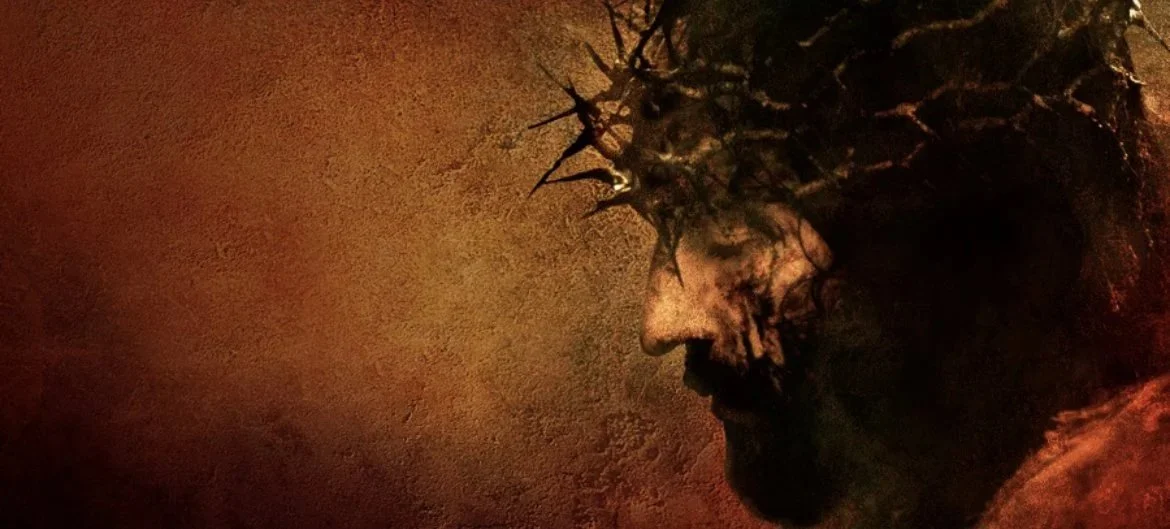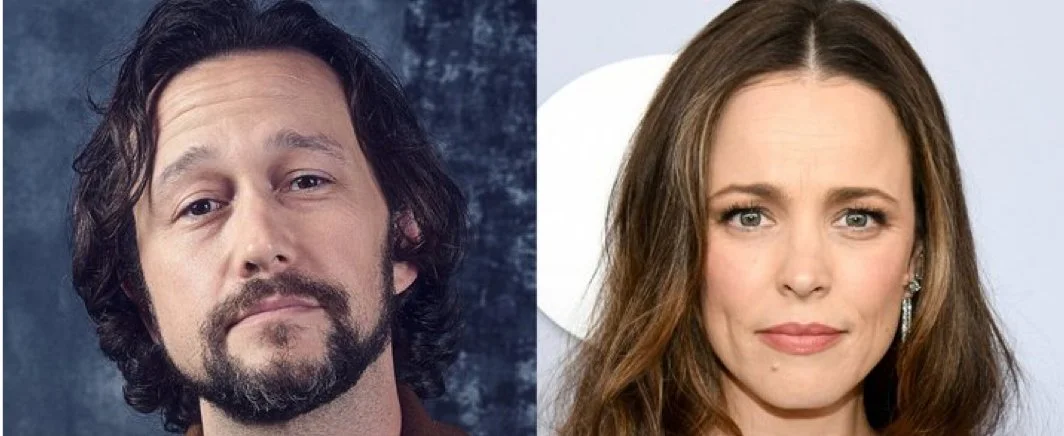“Captain Marvel” has so far made, since Wednesday, close to $155M domestically, not to mention $455M worldwide. This is yet another spring success for Marvel, as practically at the same time last year, “Black Panther” was nearing record-breaking domestic box office receipts.
Suffice to say, and it’s like admitting the obvious, superhero movies have all but dominated the industry for the better part of two decades.
The kick-starter for this peculiar trend of the superhero genre’s dominance in Hollywood probably started post-9/11, in 2002, when “Spider-Man” hung atop a tower with the American Flag waving right behind him. Ever since then, the result has been that eight of the top 20 highest grossing films of all time have been superhero movies. At least one superhero movie has been released every single year since then, with the last decade having as many as seven released in a single year.
When superheros were created, back in the 1930s, they were done so in response to fascism and the rise of Hitler — in fact, many issues featured the likes of Superman squaring off against the Third Reich. This, in a way, could explain the allure of the genre today, with the rise of our fear-mongering media all but declaring the country as being in total bigoted and immoral chaos.
However, what distinguished Stan Lee’s 1960’s superhero characters from the old-school likes of Batman and Superman was the fact that they were teenagers, nerds in fact, who were bullied at school, couldn’t get the girls they wanted, and were, pure and simply, “outsiders.” This obviously struck a chord with a generation that was increasingly becoming all too self-aware and that had to go through a major societal and political change at the same time. Sound familiar?
It’s no surprise that “nerd culture” has become hip; editor-in-chief at Marvel Comics, Axel Alonso, has said, “It used to be that cool people looked down on nerds. Now I know a lot of cool people who pretend to be nerds.” Even President Obama praised the movement by saying, “I think America’s a nerdier country than it used to be when I was a kid – and that’s a good thing!”
For all the good that comes with having the once-rejected come into power in our culture, there must also be the unmistakable self-admittance that it has shifted the arts and culture of this country in a strange direction. Nowadays, the need to escape into fantasy worlds, because the real world is too brutal and cruel to deal with, has turned Marvel into a billion-dollar entity. Disney bought out its competition (Fox) and is ready to pounce on post-9/11 social anxieties and the Trump era. It’s a vicious cycle. As the likes of CNN, MSNBC and Fox News continue to promote their own brand of fear, people just want to escape, go to the movies and not be met with more societal and political doom, but instead with a message of hope and survival.
The Spectator’s Will Lloyd recently described the dire situation in this country best:
“Americans were having less sex than ever before; job security evaporated; cases of major depression and suicide ballooned. It was only when large swathes of the population were actually living like nerds that childish fantasies of absolute power – superhero movies – began to dominate the box office.”
“The bleak worldview of the traditional nerd – quietly seething, victimized, powerless, friendless, obsessed and solaced by trivia, disenchanted with the authorities and institutions that fail to protect them from predatory bullies – has become the worldview of many Americans.”
Twitter has been a great gateway for these outsiders to vent their frustrations and to try to “make a difference,” much like the superheroes they idolize, actually. Superhero movies, and successful fantasy-driven franchises like “Mad Max,” “Avatar,” and “Planet of the Apes” connect to the masses because they are all about apocalyptic despair; doom and gloom, baby, it sells.
When 1984’s “Revenge of the Nerds” was released, it was seen as this outrageous, almost fantasy-like depiction of how nerds would actually want the world they live in to be like. After being evicted from their dorm by the alpha jocks, the dorks decided to plot revenge and change the toxic masculinity bogging them down by fighting the privileged. It anticipated the rise of nerds as cultural heroes. It no longer is a fantasy. We are truly living in the era where nerds have had their revenge, but the movies have become wackier and much less artful.






